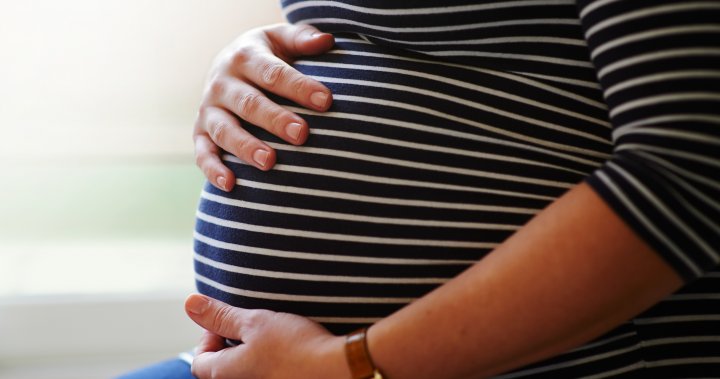A new report has found that one in eight pregnant people in Ontario has a disability and faces barriers to accessible care and disrespectful attitudes from health care providers. Lead author Hilary Brown from the Institute for Clinical Evaluative Sciences highlighted that people with disabilities have been overlooked in reproductive health care due to societal assumptions that they won’t have children. Some disabled participants in the study shared experiences of healthcare providers assuming they wanted to get abortions when seeking pregnancy care, a lack of accessibility in doctors’ offices for those with mobility issues, and a lack of sign language interpretation during critical times like labor and delivery. The report calls for education and training on disabilities for physicians, nurses, and other care providers, as well as changes in how doctors are funded to allow more time with pregnant patients with disabilities.
Wendy Porch, executive director of the Centre for Independent Living in Toronto and an advisor on the report, expressed surprise that the gaps in care for pregnant people with disabilities are just now being recognized as a significant issue. She emphasized that disabled parents have always existed and that while there is goodwill towards supporting them, there is often a lack of knowledge on how to do so effectively. Porch, who was born missing part of her arm and hand, shared her struggles during pregnancy to get guidance on holding and breastfeeding her baby from health-care providers who weren’t equipped to help. Despite the good intentions of most health-care providers, there remains a lack of pregnancy and postnatal supports for people with disabilities.
The report on pregnancy and disability examined health records of pregnant individuals in Ontario from 2010 to 2020 and conducted interviews with over 60 people with disabilities, health-care providers, and service providers. The collaborative effort involved the Institute for Clinical Evaluative Sciences (ICES), the University of Toronto Scarborough, and the Centre for Addiction and Mental Health. Porch emphasized that while many health-care providers are well-meaning, there is still a need for more training on supporting disabled parents. She noted that the report highlights the room for growth in this area and the need for increased awareness and understanding among healthcare professionals on the unique challenges faced by pregnant individuals with disabilities.
The report’s findings shed light on the overlooked population of pregnant individuals with disabilities in Ontario and the challenges they encounter in accessing appropriate and respectful care. Recommendations in the report include more education and training for healthcare providers on disabilities, as well as changes in funding for doctors to allow for more time spent with pregnant patients with disabilities. Porch’s personal experiences as a disabled parent underscore the lack of adequate support and guidance available to individuals in similar situations. While acknowledging the goodwill of many healthcare providers, she stresses the need for increased training and awareness to better support disabled parents throughout the pregnancy and postnatal journey.
Overall, the report highlights the need for improved support and understanding for pregnant individuals with disabilities in Ontario. The collaborative effort by various institutions involved in the research reflects a growing recognition of the gaps in care and the importance of addressing them. By advocating for changes in how healthcare providers are trained and funded, as well as increasing awareness of the unique needs of disabled parents, the report aims to improve the overall quality of care for this underserved population. The personal experiences shared by individuals like Porch further underscore the challenges faced by pregnant individuals with disabilities and the pressing need for more inclusive and accessible healthcare services.


